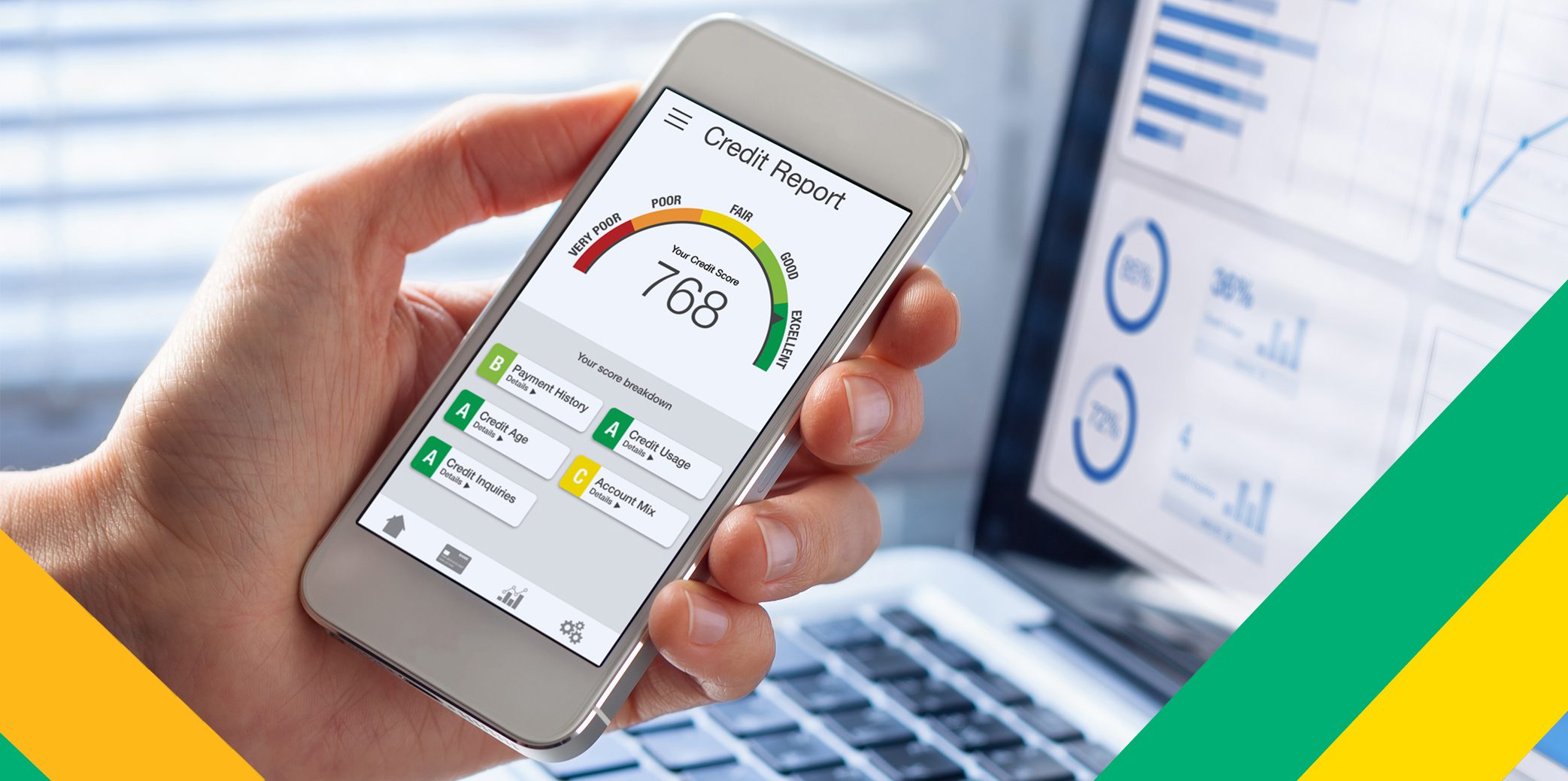For consumers seeking to borrow money — whether for a home, a car, or with a smaller line of credit such as those given for financing an appliance or home-improvement services — having a high credit score can bring big benefits. Not only can a good credit score play an outsized role in helping a borrower secure a loan approval, but it can also open the door to lower interest rates. And particularly when the loan is a sizable one, lower rates can deliver substantial savings, especially over time.
What is a good credit score?
Credit scores typically range from 300 on the low end to a ceiling of 850, the perfect credit score. Serving as a numeric indicator of a consumer’s credit history, these scores are generally considered good when they fall in the 670-739 range, very good in the 740-799 range, and excellent when they land at 800 or higher. And while a good or excellent credit score doesn’t come easy — generally taking years of responsible financial practices and minimal debts to accomplish — there are ways to effectively raise a lower-than-ideal credit score, sometimes even relatively quickly.
7 ways to raise a credit score fast
If you’re looking to elevate your credit score quickly, consider making one or more of these seven credit-score-boosting financial moves:
- Pay bills on time: Since it’s the leading factor used to determine a person’s credit score, maintaining a long history of on-time bill payments is the best way to accomplish a high credit score. Make timely bill payments a habit — and be especially sure to avoid letting any bill payment become more than 29 days overdue. Once a payment becomes 30 or more days late, the delinquency can be reported to credit bureaus, lowering the consumer’s credit score. If you simply won’t be able to get a bill paid by then, call the creditor to see if a payment plan can be arranged — and ask if they might be willing to delay reporting the delinquency.
- Pay credit cards down multiple times per month: Known as “credit utilization,” the portion of your available credit that you actually use is another substantial factor used in determining your credit score. The lower the percentage of your available credit you’re actually utilizing, the better. And by making multiple payments to your credit cards throughout the month, you can keep this percentage as low as possible — and thereby give your credit score a boost.
- Ask for higher credit limits: In the same vein as the above, by increasing the amount of credit available to you — without actually using it — you can lower your credit utilization percentage and thereby lift your credit score. This can be accomplished by requesting (and ideally receiving) higher credit limits on any credit cards you already have. Since most creditors can approve and activate higher credit limits without much delay, this can be an especially effective way to raise your credit score quickly.
- Keep your credit cards — even unused ones — open: Still another tactic for maintaining a low credit utilization is to refrain from closing out any of your credit cards, even if you have no plans to use them anytime soon … or ever. Especially if the cards are totally paid off with no balance remaining on them, keeping them open makes their full credit lines available to you — resulting in a lower credit-utilization percentage and a higher credit score.
- Check for — and fix — any credit-report errors: By law, all U.S. consumers are entitled to receive a free copy of their credit report once per year from each of the three major credit-reporting agencies — Equifax, Experian and TransUnion. Getting the copies is a relatively simple process that can be completed by visiting annualcreditreport.com and making a free request. And once your credit reports are in hand, you can review them for accuracy, then dispute any errors that you might find. And by removing any credit-history errors that are negatively impacting your credit score, you can realize a quick credit-score increase.
- Keep any new account applications limited — While adding to the amount of credit you have available to you can help lower your credit-utilization percentage and boost your credit score, doing so by applying for new lines of credit comes with a considerable drawback. When you apply for new credit cards or other lines of credit, many potential creditors will perform a hard inquiry on your credit report to determine the level of risk they’re taking on by loaning you money — and each hard inquiry that is made lowers your credit score a bit. While the occasional hard inquiry doesn’t carry much of a negative impact, they can add up to deliver a more significant impact to your credit score if a number of them are performed in a short period of time.
- Consider debt consolidation — If you have a number of outstanding debts and as a result are making payments to multiple creditors each month, a debt consolidation loan from a bank can simplify your life — and potentially save you money with a lower interest rate. And because such a loan can reduce the number of monthly bills you need to pay on the debts each month to one, it can reduce the likelihood you’ll mistakenly miss a payment, thereby helping prevent any hits to your credit score. Further, any lowered interest rate that you realize in the debt consolidation can help you pay down the debt faster, delivering another potential credit score booster by way of improving your credit utilization ratio.
Proudly serving South Carolina since 1933, Arthur State Bank offers accounts and services to meet a variety of financial needs. To help you achieve all your financial goals, the bank offers in-person service as well as a range of convenient digital solutions. To learn how Arthur State Bank can help you with banking needs ranging from checking and savings to retirement accounts, mortgages, other personal loans and more, visit arthurstatebank.com.






















